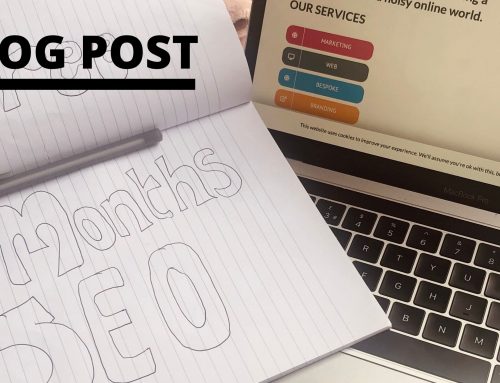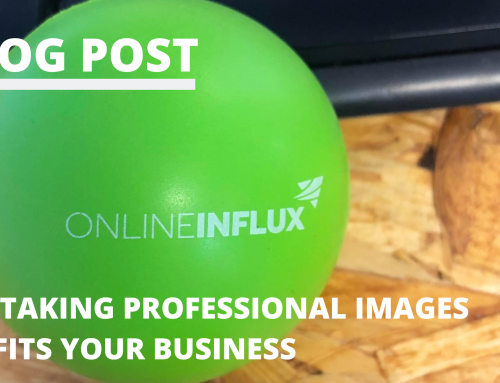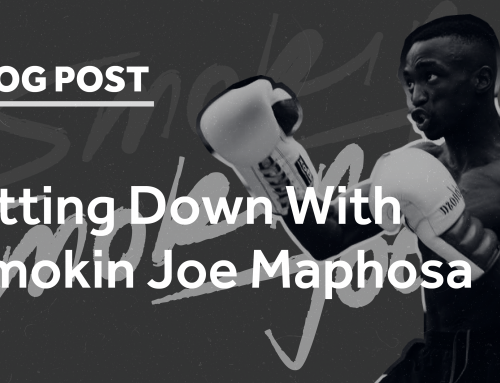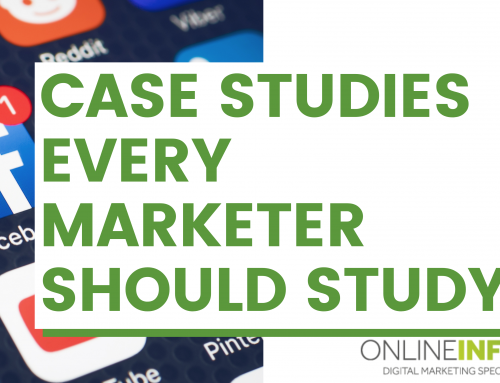
How often have you scrolled through Facebook, LinkedIn or YouTube to see a clickbait “5 must-know growth hacks for…” title? Everyone seems to be offering the promise of a must-have growth hack that’ll set your social media apart from the rest. Obviously we need to stop and ask ourselves do they really work but more importantly we need to ask should we be using these “hacks”. The clue is in the name, they’re hacks. You’re trying to “hack” the system, cheat the app, or beat the algorithm does that sound like something Facebook, YouTube and Instagram etc want you to do? Probably not. But where does best practice stop and aggravating the platform to the point of risking being penalised start?
The problem with many of these hack tactics is that they lure people into practises the platforms don’t like and the platforms will often change their algorithm to make these hacks redundant if not detrimental to your growth.
There’s a distinction between “hacks” you’ll find from a so called online digital marketing guru looking to sell you an online course and genuine tips and advice to improve your social media growth. For example meme Instagram pages which set themselves to private then create shareable content which actively encourages people to tag friends is a hack. They do this so that people receive messages that they’ve been tagged in a post but then have to follow the page to be able to see it. This doesn’t generate followers on the merit of the content. Alternatively adding subtitles to your video is a different type of hack. This is just best practice and good content tailored towards the high volume of people who consume content without audio.
The platforms are continually updating to reward good content and practices and penalise bad hacks which try to game the platform and bypass the long and hard process of growing a genuine and loyal social following. There was a time where simply following a lot of people and unfollowing anyone who didn’t follow you back was acceptable. Whilst this has its own inherent problems it was also one of the hacks that the platforms started to get fed up with and now penalises accounts for. And with Facebook’s push to weed out fake influencers who are charging exuberant amounts to post sponsored content to follows which are largely made up of paid-for bot accounts we can expect underhand tactics like this to become increasingly difficult to get away with.
Ultimately the aim is to figure out as much of the algorithm and create a strategy that plays to what the algorithm is currently rewarding. Combine this with great content and you have the closest thing to a winning formula there is.







Leave A Comment